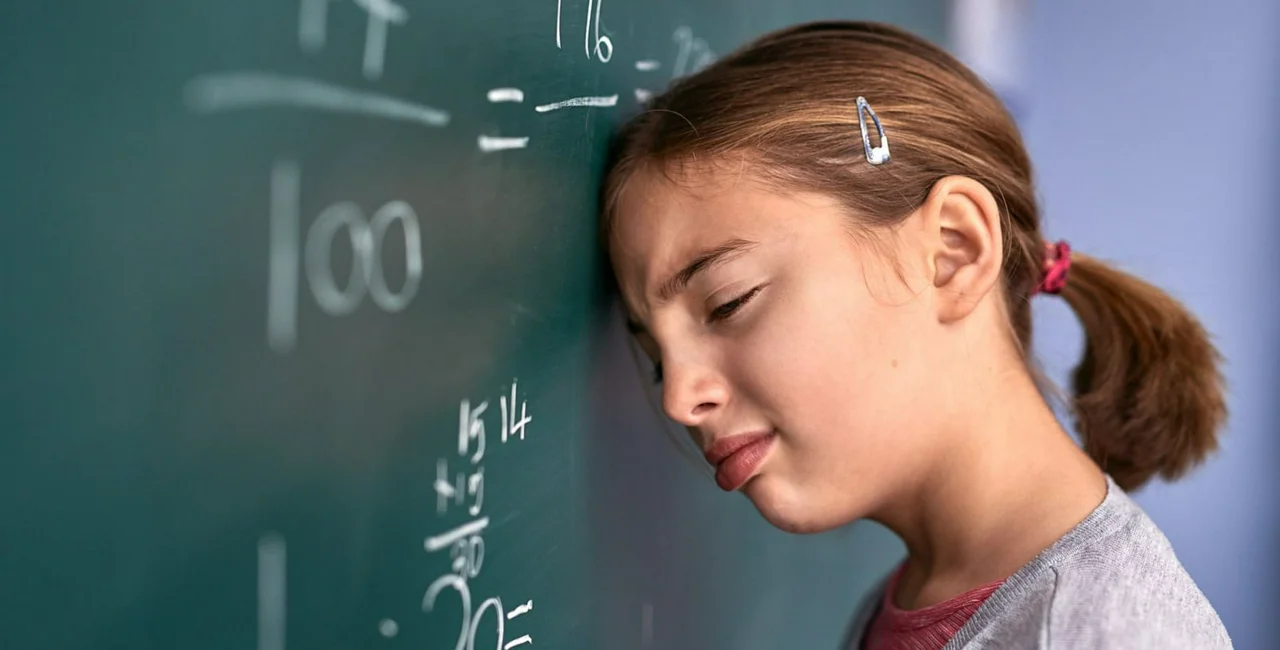Life in an advanced country does not guarantee equal access to quality education, according to the latest UNICEF Innocenti Research Center study which provides an overview of schooling in 41 developed countries, including the Czech Republic.
The report focuses on two main indicators of inequalities in three areas of education — pre-primary, primary, and secondary schooling. The study evaluated the percentage of children attending preschool education the year before entering compulsory schooling, as well as the differences in reading skills and comprehension in children ages 10 and 15.
With regard to preschool education in the Czech Republic, 88.6% of children attend preschool education facilities one year before compulsory school attendance, which places the country 38th out of all 41 nations; only Romania, the US, and Turkey are behind. Comparatively speaking, the highest preschool attendance is for children in Lithuania (99.9%), Iceland (99.8%), and France (99.8%).
The Czech Republic is also the second country (after Slovakia), where the least number of children under 3 years old — only about 5% of children — attend preschool.
With regards to primary education, the differences between the best and worst pupils at the age of 10 are vast across the board with some reading only simple texts, while others can interpret difficult passages. In almost all of the countries surveyed, 10% of pupils did not achieve the expected level of comprehension.
The Czech Republic scored best in a comparison of the performance gap in reading achievement in grade four (169 points), placing in the first third of countries surveyed (85% of pupils of the fourth grade achieved good reading and comprehension scores).
The Czech Republic ranked in the bottom third of the countries surveyed for secondary education, with 78% of the children at the age of 15 found to be at a basic level; the best results for children in this age category are Latvia (221 points). The worst is Malta (311).
Overall the ranking of the Czech Republic in the availability of pre-primary education takes 38th place out of the total 41, in the area of primary education it scores well (10th place out of 29), but in the quality of its secondary education it moves back to the lower third, 38th, of developed countries.
According to the results of the study, there are also great differences in the quality of schools in the Czech Republic (the Czech Republic ranked 29th out of 37).
The Czech arm of UNICEF said in a statement: “The data with which the report is being compiled was collected at the end of 2015, and since September 2017 compulsory kindergarten attendance has been established in the Czech Republic, so we can assume that the results of Czech children will be definitely improved in light of the monitored aspects.”
Priscilla Idele, director of UNICEF’s Children’s Research Center, says: “Our report shows that it is possible to achieve both high standards in education and relatively low inequalities among children. But all developed countries should do much more for children from disadvantaged families because they are the ones most likely to be left behind. ”
See the full results of the UNICEF study here.












 Reading time: 2 minutes
Reading time: 2 minutes 


























